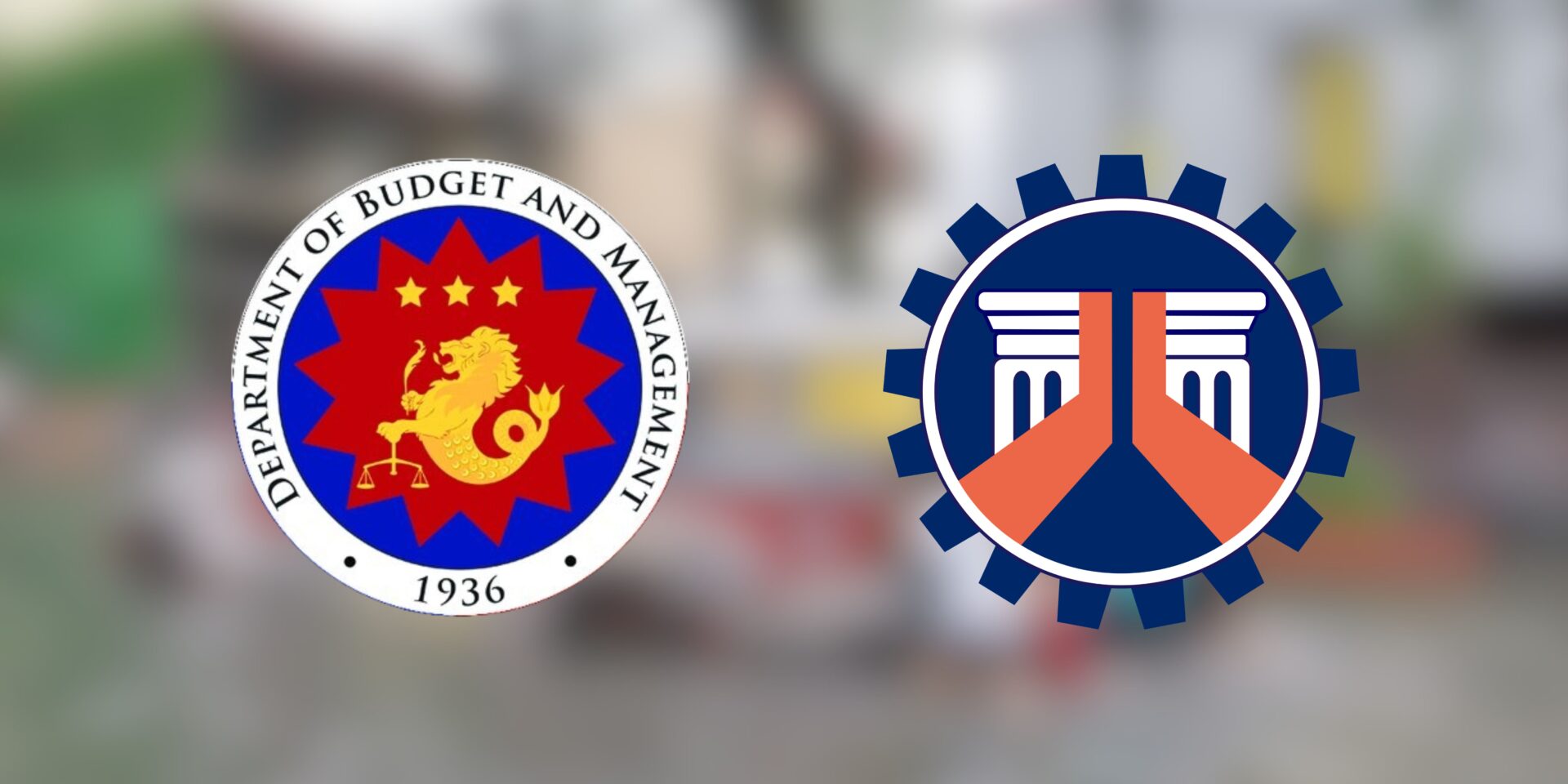Senators on Tuesday pressed the Department of Budget and Management (DBM) and the Department of Public Works and Highways (DPWH) to explain a series of questionable entries in the DPWH’s proposed P875-billion budget for 2026.
The senators warned that anomalies ranging from duplicate projects to “ghost” allocations bear the marks of “pork barrel,” referring to the use of government funds for projects designed to please voters or legislators.
Senator Sherwin Gatchalian, chairman of the Senate Finance Committee, said the DBM should reform its process and apply stricter scrutiny to the National Expenditure Program (NEP).
“The DBM should reform its process and be more detailed in analyzing projects … You should scrutinize thoroughly because these are quite obvious,” he said during the Development Budget Coordination Committee (DBCC) briefing on the proposed DPWH budget for 2026.
Gatchalian raised six red flags: flood-control and river wall projects without station numbers that make them nearly impossible to locate, duplicate projects, contracts divided into phases despite being one project, costs with rounded-off amounts, entries with questionable code names, and projects that appear in the 2026 NEP even though they were already funded in 2025.
He cited one vague entry that merely read, “construction of greater water” in Quezon. Other duplications included the rehabilitation of a dike along O’Donnell River and the rehabilitation of Bueno Bridge 1 in Capas, Tarlac, which he said appeared as identical line items.
Several projects were also split into “phases” with the same descriptions, numbers, and amounts, making them indistinguishable.
Gatchalian said the presence of rounded-off project costs suggests the absence of detailed engineering plans.
He added that some projects carried only code names, while others were simply lifted from the 2025 General Appropriations Act, such as the construction of flood mitigation structures for the Agno River in Pangasinan. “These do not look like clerical errors,” he warned.
Shadows of pork barrel
Senator Erwin Tulfo said the DBM should have flagged the items before submitting the NEP to Congress, warning that the irregularities bore similarities to the pork barrel scam involving businesswoman Janet Napoles exposed in 2013.
“What we are seeing here is like pork barrel, plain and simple … This is déjà vu of Napoles’ pork barrel. It is more severe because the budget for anomalous infrastructure projects is worth billions, maybe even a trillion,” Tulfo said.
Napoles was convicted of plunder for masterminding the pork barrel scam, in which billions of pesos in congressional allocations were funneled to fake projects and non-government organizations. Tulfo warned that unless the 2026 budget is cleaned, a repeat of that scandal is possible.
Tulfo noted that identical flood-control allocations were scattered across several provinces, including Antique, Iloilo, Apayao, Nueva Ecija and Kalinga.
He linked the anomalies to irregularities that surfaced in the bicameral conference committee last year. He added that even President Ferdinand Marcos Jr. had publicly acknowledged that certain flood-control insertions in the 2026 NEP were questionable.
Return the DPWH budget
Senator Paolo Benigno “Bam” Aquino suggested that the DPWH’s budget be returned to the executive branch for correction before the Senate deliberates further.
“Let’s refuse to accept this DPWH budget. There are so many questions, so many red flags … Before we accept this, let’s return it to the Executive. They have four months to give it back to us in order already,” Aquino said.
He added that the revised budget should come back free of ghost projects and questionable flood-control allocations. While acknowledging the proposal was unusual, he said it was necessary given the gravity of the issues.
Budget Secretary Amenah Pangandaman said she agreed with Aquino’s concerns but stressed the Constitution does not provide for such a process.
She explained that the DBM lacks technical staff to verify project details. “That’s why in the budget process, the Executive proposes and then the legislative can amend,” she said.
Aquino countered that Congress should await the results of ongoing investigations by both chambers and independent bodies, saying amendments must reflect the findings.
Pangandaman said she has already discussed the matter with DPWH Secretary Vivencio Dizon, who promised to review each line item and submit a report.
She added that the Senate retains the authority to cut the DPWH’s budget if doubts remain. “If you’re not comfortable with the whole flood control or with the entire budget, you can bring it to P500 billion,” she said.
Negative list
Senate President Francis Escudero proposed a “negative list” of projects that Malacañang should veto outright in the final budget.
“Instead of waiting for questionable projects to slip into the budget and then expose them after the fact, we should be proactive,” he said. “The Palace should make it clear from the start that these kinds of projects will not be entertained.”
He suggested including overpriced but low-value projects such as reflective studs or “cat’s eyes,” slope-protection nets, waiting sheds, swimming pools, signages, and other amenities prone to waste.
Escudero also urged a moratorium on new flood-control projects, noting that billions in allocations from the 2025 budget remain unimplemented.
He said funds should instead go to waste-to-energy plants, refuse-derived fuel facilities, and drainage upgrades that address the root causes of flooding in Metro Manila and other cities.
Double appropriations
Senator Alan Peter Cayetano warned of a troubling rise in double appropriations within the DPWH’s budget despite repeated promises to eliminate them. He said such duplications amounted to P2.77 billion in 2023, P3.48 billion in 2024, and P7.85 billion in 2025.
“Every year, I am asking about these double appropriations. Every year, you’re saying they’re harmless and simply errors. But rather than being deducted, these are adding up every year. Why can’t these be removed?” Cayetano asked.
When pressed if duplications still exist in the 2026 budget, DPWH Undersecretary Maria Catalina Cabral said she had no knowledge of such things.
Cayetano criticized the department for its lack of initiative and transparency. “Rather than being deducted, they pile up. That is unacceptable,” he said.





